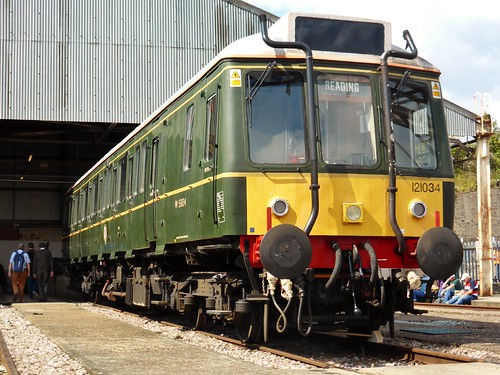How to get from Old Oak Common to Birmingham in 23 years
Old Oak Common #OldOakCommon

I
nfrastructure is good. Countries and regions with more factories, power supplies, ports, telecommunications and yes, rail lines, tend to be wealthier than those with fewer.
Infrastructure benefits an economy because it facilitates the production of goods and services. Raw materials are received by container ship, manufactured in warehouses that are powered by clean and abundant energy before being transported quickly and efficiently to consumers. This may not sound like much to you and me but to an economist, it’s practically dirty talk.
The problem is, infrastructure is expensive, and its benefits often only materialise some time in the future, while the costs and disruption are immediate.
There is a growing awareness of the political restraints when it comes to building new infrastructure. Many voters, who in this country frequently hold veto power over planned developments, don’t like new houses, electricity pylons or high-speed train lines running through their gardens. But what about the economic argument?
Back in 2010, the government estimated that HS2 would cost £30bn. I’m not saying things have changed since then, but the forward to the policy document was written by Gordon Brown and Andrew Adonis. In 2013, the cost was revised to £37.5bn (in 2009 prices), climbing to £55.7bn in 2015. Today, the budget is north of £100 billion (as opposed to north of Birmingham). How can this have happened?
Read More
The first foe is a familiar one: inflation. This has been high across the board but ran at nearly 20 per cent in the construction sector last year, driven by the greater cost of materials such as steel and concrete. Also to blame are scope changes (e.g. a longer tunnel through the Chilterns) and optimism bias (Crossrail and the Thames Tideway also saw massive cost overruns).
Is it time for a rethink? This morning, Rishi Sunak did little to quell concerns about the future viability of the project, and its chances of reaching Manchester any time soon. When asked how he could be committed to levelling up if he was also considering U-turning on the line, the prime minister replied: “I’m not going to comment on that type of speculation.” A line that is unlikely to hold for too long, not least when Conservative Party conference is being held in… Manchester.
Sunak’s reticence is not wholly without merit. A Treasury man to his very core, he wants to know if the project is still capable of providing value for money. Because surely there exists a figure at which point we say ‘enough is enough?’
The government has got itself in a real mess, because by delaying things it is inviting the worst of both worlds. Indeed, Sir John Armitt, chair of the National Infrastructure Commission, noted earlier this year that “every time you delay a construction project you inevitably increase its costs because they don’t get stopped, you just run them out over a longer period of time.” Even more galling if the reason for delay is to help the Treasury meet arbitrary fiscal rules!
But the problem is broader than a single rail line. One of the reasons why Britain’s economic performance has been so soporific over the last 15 years has been a lack of stability. Last week, the issue was rowing back on climate commitments. Today, it is high-speed rail. What business craves, more even than lower tax rates, is consistency. It enjoys little of the sort.
Consequently, the worst-case scenario isn’t that we end up with a more expensive and moderately fast rail line from Birmingham to Old Oak Common. But that investors take a brief glance at Britain, post-Brexit, Covid and Truss, and think: why on Earth would I put my money there?
In the comment pages, Tanya Gold says the Palace of Westminster is falling apart and we’ve decided to do… nothing. Sadiq Khan urges Londoners to get the best from the capital by coming into the office. While Victoria Moss, filing from Milan Fashion Week, says it’s all about being seen. And some nice clothes.
Finally, in the latest instalment of Josh Barrie calling you tacky and that he hates you, why halloumi fries are simply too boring to be eaten.
This article appears in our newsletter, West End Final – delivered 4pm daily – bringing you the very best of the paper, from culture and comment to features and sport. Sign up here.